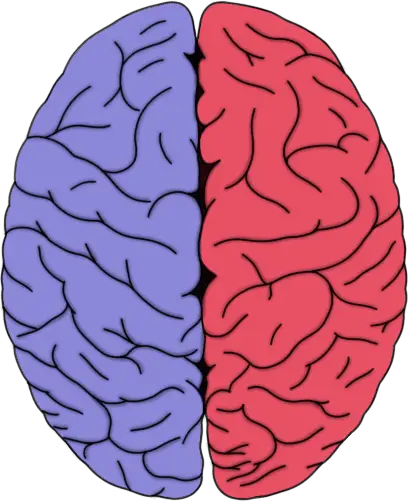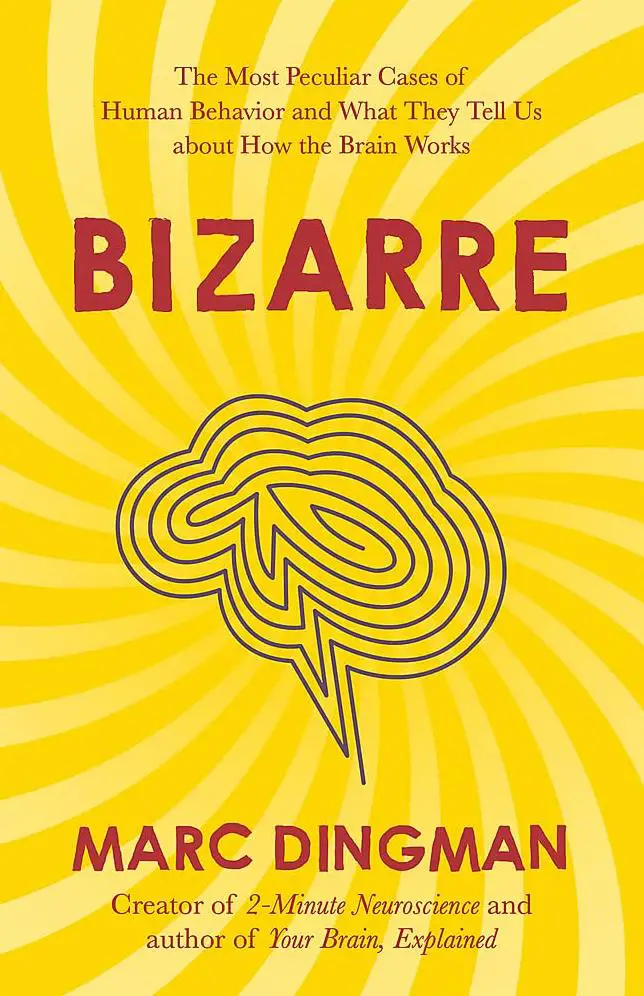Foreign Accent Syndrome
Watching someone you know recover from a stroke or other serious brain insult can be extremely difficult. Cognitive deficits (including dementia), apraxia, and speech problems are among the disabilities that these patients may have to endure. At times, these impairments can make it hard to find the individual you knew before the incident in the post-accident patient. This is perhaps the most trying aspect of the experience.
Well imagine if, when you attempt to speak to a stroke survivor you knew before the stroke, you find not that they have difficulty producing speech, but that they have strangely adopted a new British (or German, Dutch, etc.) accent. While it may seem to be the lesser of two evils, you can certainly envision that it might be also be a disconcerting experience (for all parties involved).
This rare (but real) disorder is known as foreign accent syndrome. It occurs after a severe brain injury or stroke. The patient develops an abnormality of speech that seems, to most listeners, to resemble a foreign accent. A recent case, one of the first in Canada, involved a woman who had a stroke, then adopted an accent that sounded like Maritime Canadian English—a dialect the woman was previously unfamiliar with.
What exactly is going on here? At first an enigma, recent investigations into foreign accent syndrome have begun to shed some light on the mechanisms underlying the problem. According to a review article in the Journal of Neurolinguistics, “foreign accent syndrome” is actually something of a misnomer, as patients do not demonstrate a speech pattern that consistently corresponds to a particular foreign accent. Instead, they display general changes in linguistic prosody that listeners mistakenly attribute to a different dialect.
Prosody is the rhythm, stress, and intonation of speech, and disruption has an effect on overall speaking ability, but is particularly problematic to vowel production, pitch, and syllable stressing. According to the review, phoneticians who have listened to foreign accent syndrome patients have asserted that their speech doesn’t consistently resemble a foreign dialect. Instead, it fluctuates in its similarity to various languages, and even to different families of languages. Thus, the foreign accent syndrome tag may be a simplification.
It is not a surprise to learn that most cases of foreign accent syndrome appear to be associated with lesions to the left hemisphere of the brain, which is typically correlated with language. Patients usually have damage to Broca’s area, the motor strip adjacent and inferior to this region, and/or the middle frontal gyrus. Details beyond these general areas are scarce, however, leaving the specific neural basis of the syndrome largely unknown.
Probably the important take-home message at this point is that the syndrome doesn’t involve the mysterious acquisition of a foreign accent. Instead, it is a general affliction of speech that causes distortions in prosody, which are interpreted as foreign dialects by listeners. All in all, it is perhaps one of the less debilitating effects of brain injury/stroke. Regardless, one can imagine the upset it must cause at an already difficult time. Perhaps some of that distress will be assuaged in new patients by an improved understanding of the syndrome.
BLUMSTEIN, S., KUROWSKI, K. (2006). The foreign accent syndrome: A perspective. Journal of Neurolinguistics, 19 (5), 346-355. DOI:10.1016/j.jneuroling.2006.03.003


